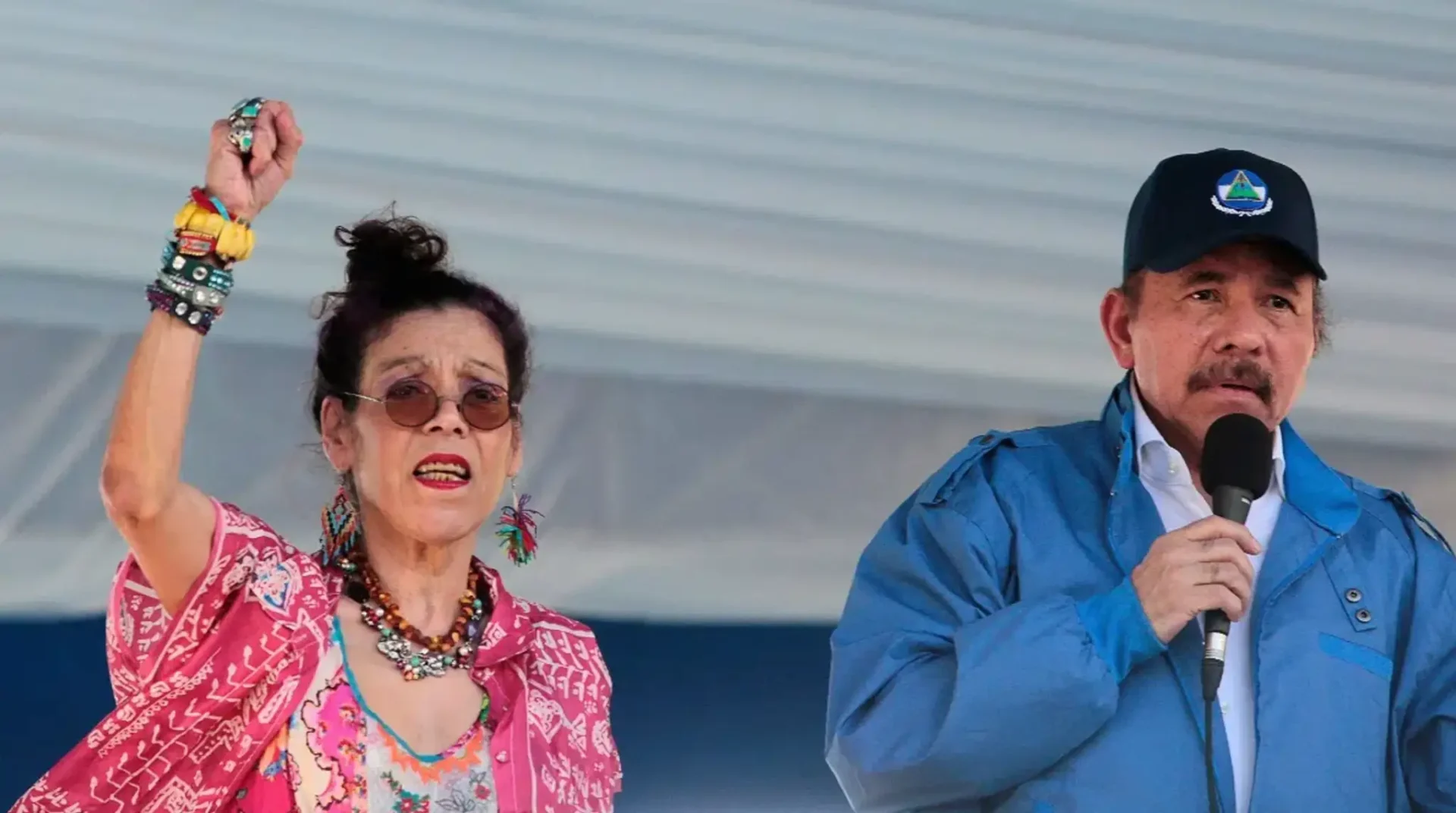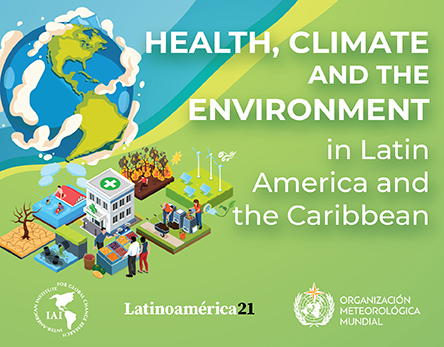Unlike what happened in the 20th century, when weak Latin American democracies succumbed to coups by ruling coalitions formed by the military and reactionary sectors, often supported by external agents, in the 21st century, Latin American democracies are eroding from within. Such erosion is driven by a dissatisfied citizenry and by political leaderships with low democratic loyalty, but it does not derive from an ideological confrontation, nor from the intervention of the military as central actors, and there is no clear influence of external agents. In Latin America, the maxim “without elections there is no democracy” prevails; however, they seem to be insufficient. According to Latinobarómetro data for 2023, support for democracy has fallen to levels below 50%, a percentage never recorded before, with greater incidence in 12 countries, such as Costa Rica, Mexico, Chile, and Uruguay. Consequently, indifference to having a democratic government or not has increased, and in cases such as Mexico, Guatemala, and the Dominican Republic there is concern that support for authoritarianism has grown significantly.
To avoid the continued erosion of democracy, it is important to locate the political processes that precede it. In 2002, Andreas Schedler identified the “menu of electoral manipulation” in authoritarian regimes that used elections to legitimize themselves. The strategies were: a) limiting the positions to be elected and removing key positions from the elections; b) the exclusion from the elections of opposition candidates potentially dangerous to the regime; c) limiting the options for citizens; d) informal disenfranchisement; e) coercion of the vote; f) the open use of electoral fraud or the introduction of mechanisms that bias the results through the performance of electoral authorities; and g) the guardianship of elected representatives, i.e., reducing their power to paper. Schedler observed the cases in the context of the third wave of democratization. There, autocratic rulers retained a good deal of control over state institutions, and often these strategies were superseded by democratic practices. A few years later, in 2010, Schedler again identified that there were authoritarian regimes that “accepted” liberal-representative institutions to the extent that they looked like liberal democracies but specialized in their manipulation: they restricted and neutralized their actions, controlled the appointment processes, promoted their fragmentation and the lack of coordination between control institutions, and limited their support networks and resources.
In the 21st century, the cases of El Salvador, Guatemala, Nicaragua, and Venezuela, and to a lesser but no less worrying extent, Bolivia and Mexico, have opened a new menu of electoral and institutional manipulation. It all begins with a marked obsession of the president in office to remain in power and given the restrictions — limited to only two terms or prohibited, as the case may be — maneuvers are set in motion to illegitimately modify the rules, where the collusion of various individual and collective actors is required, such as the judiciary, the electoral authorities, and the majority political parties in the congresses, and to achieve this, the powers of control and electoral integrity are degraded.
These strategies are presented differently in each case but are characterized by: a) the weakening of the judiciary and electoral bodies, starting with the public disqualification and harassment of their members supported by pro-government media, the pressures materialize with accountability trials leading them to resign or illegally dismissing them; b) the illegitimate use of legislative majorities when they exist, or the open pressure on legislators under divided congresses, to distort and modify the laws that regulate elections and the functioning of control institutions, distancing them from the spirit in which they were created; c) the cooptation and capture of the judiciary and the electoral bodies, through normative modifications altering their functioning, affecting their budgets to reduce their possibilities of action, increasing the superior chambers number of members, and finally the appointment of unconditional individuals with the purpose of annulling decisions that are contrary to the interests of the government; d) the neutralization of the opposition because once the objectives of eliminating the controls are achieved, they are openly used to affect opposition candidacies at all levels so that the results favor the ruling party by default. In more intense and advanced phases, if the control institutions resist the onslaught, profound legal reforms are promoted to weaken or disappear them and replace them with other organs with people related to the regime, as happened in Venezuela and as it happens in Nicaragua.
The novelty of this menu is that it operates in countries that have been more or less democratized or were in the process of doing so, such as El Salvador or Nicaragua, or that were more or less functional democracies, as in the case of Venezuela, where elections functioned acceptably or complied with minimum standards, and where strong and structured oppositions existed or existed within a party system, as in Guatemala, Bolivia, and Mexico. The menu strategies are driven by rulers who emerged from free elections and who came to power with promises to improve the deficits of democracy. But once in office, they become authoritarian, and they do not limit themselves to manipulating institutions and elections while keeping the norms but openly use these ways to position their influence after their term is over, as happened with Evo Morales or López Obrador, to stay in power as Nicolás Maduro, Daniel Ortega, and Nayib Bukele, or to maintain their privileges as is the case with the “corruption pact” system in Guatemala. The menus appear and expand due to the persistent state weakness and economies with precarious results, and as long as they are not solved, it appears that the region is condemned to the swings between authoritarianism and democracy.
Autor
Political Scientist. Professor at the University of Guanajuato (México). PhD. in Political Science from the University of Florence (Italy). His areas of interest are politics and elections in Latin America and modern political theory.











